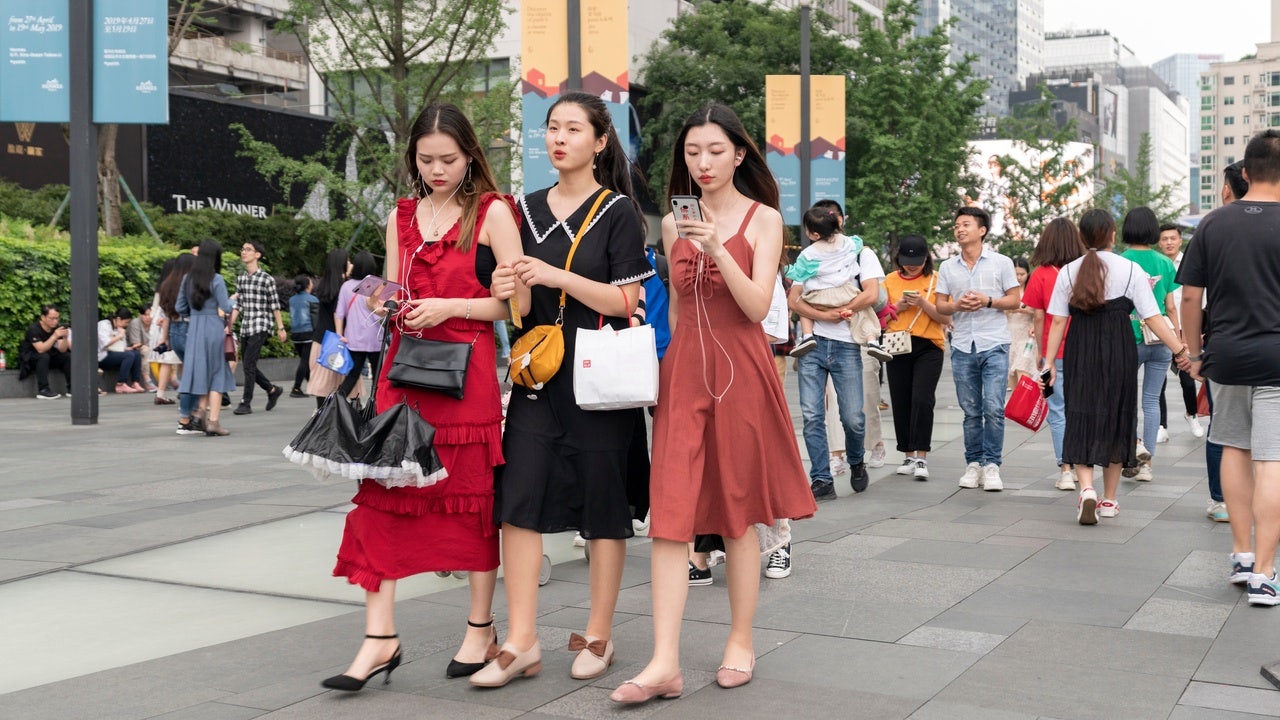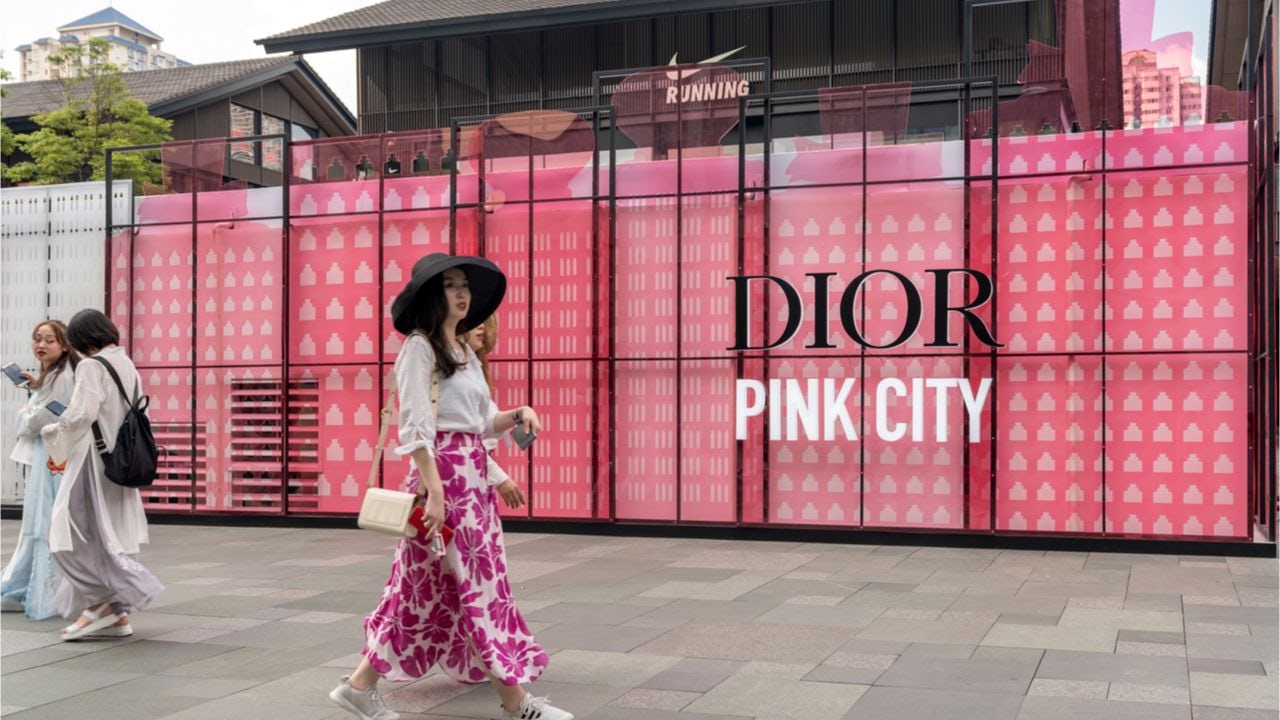What happened
In the past decade, household debt has exploded in China. And Generation Z, famous for its love for luxury, is accumulating debt faster than any previous generation.
According to the South China Morning Post, Gen Zers reportedly buy 15 percent of all luxury goods sold in China. Moreover, Chinese Gen Zers spend around 13 percent of their total household incomes on luxury, compared to 3 percent in the UK and 4 percent in the US, according to a survey conducted by OCamp;C.
The survey also highlights that China ranked at the bottom among the surveyed countries for “having savings” (72 percent compared to 89 percent in France), proving that the spending habits of Chinese Gen Zers are different from those of their international peers.
Meanwhile, a 2019 HSBC survey highlighted that the debt-to-income ratio of Chinese consumers born in the 1990s had reached a whopping 1,850 percent.
The Jing Take
Household debt increased to 62.2 percent of China’s GDP in 2020, according to the National Institution for Finance and Development. But we anticipate that the COVID-19 pandemic will increase that debt further. Moreover, social stratification, a difficult real estate market for young buyers, and the labor market slowdown have impacted Gen Zers' financial futures.
Last month, the Chinese government began addressing the debt issue by taking a more active role in curbing easy credit due to concerns that fintech companies and microlenders were using predatory practices and putting young consumers at risk.
“Some microlenders have targeted college campuses and conducted inductive marketing in cooperation with technology firms,” said a joint statement released by five government agencies, including the China Banking and Insurance Regulatory Commission (CBIRC), the People’s Bank of China, and the Ministry of Public Security. “These practices have induced college students to excessive consumption on internet platforms and caused some students to fall into debt traps.”
The COVID-19 pandemic has made the luxury industry more dependent on Chinese teens. But in due time, the industry might have a rude awakening.
Relying excessively on the most indebted Chinese generation is a recipe for disaster — not only because luxury brands have been forced to satisfy juvenile consumer whims, but also because the consumption patterns of these youngsters could change dramatically. These teenage luxury consumers still rely on their families for economic support, so their disposable income is uncertain and could get reduced substantially.
The Jing Take reports on a piece of the leading news and presents our editorial team’s analysis of the key implications for the luxury industry. In the recurring column, we analyze everything from product drops and mergers to heated debate sprouting on Chinese social media.

